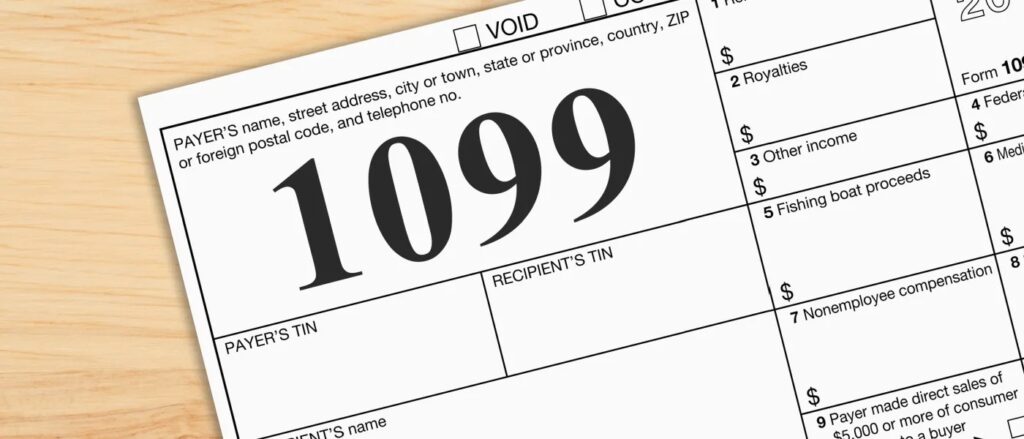Insurance is a critical component of a solid financial plan, especially for high-income earners with substantial assets to protect. Yet, in my experience, many overlook key aspects of their coverage, leaving themselves and their families vulnerable. Let’s explore the primary types of insurance and common pitfalls some high-income earners face, along with actionable advice to help ensure you’re adequately protected.
1. Medical Insurance
The Dilemma: High Deductible vs. Low Deductible Plans One of the main decisions with medical insurance is choosing between a high deductible or low deductible plan. Here’s a key principle to keep in mind: insurance should primarily be there to cover catastrophic, really big costs.
- High Deductible Plans: These are often a great option for high-income earners because:
- They’re typically paired with Health Savings Accounts (HSAs), which allow for tax-deductible contributions, tax-deferred growth potential, and tax-free withdrawals for qualified medical expenses*. This can be particularly advantageous for individuals in the 35% or 37% tax bracket, helping to maximize your tax savings.
- If you have a solid emergency fund, you should be able to comfortably handle higher out-of-pocket costs before insurance kicks in.
- Low Deductible Plans: These might be better if you anticipate frequent medical expenses or have dependents with ongoing healthcare needs.
2. Property and Casualty Insurance
The Risk: Inadequate Liability Coverage One of the biggest threats to your wealth is a lawsuit. We live in a litigious society, and insufficient liability coverage could jeopardize your assets.
- Liability Limits: Consider adjusting your policy’s liability limits. A serious accident could lead to claims that far exceed state-mandated minimums.
- Umbrella Policies: These provide additional liability coverage on top of your standard policies, such as homeowners and auto insurance. Umbrella coverage can be relatively inexpensive and can protect you from costly legal claims stemming from unforeseen accidents, like someone slipping on your property or an auto collision.
3. Auto Insurance
The Mistake: Opting for State Minimums State minimums for auto insurance rarely provide adequate protection for high-income earners.
- Generally, you should have comprehensive and collision coverage with higher liability limits to cover potential damages to others and their property.
- Consider adding uninsured/underinsured motorist coverage to protect yourself if the at-fault driver has insufficient insurance.
4. Disability Income Insurance
The Oversight: Relying Solely on Employer Coverage Disability income insurance is often overlooked, yet it’s one of the most important types of insurance for high earners.
- Employer Plans: In my experience, employer plan typically cover 50-60% of your base salary, but often exclude bonuses, equity compensation, and other income streams. Additionally, if your employer pays the premium, the benefit is taxable.
- Private Policies: Consider purchasing a supplemental individual disability income insurance policy. Look for policies that cover your total income (including bonuses and equity), are portable, and have a “own occupation” clause, ensuring benefits are paid if you can’t perform your specific job.
5. Life Insurance
The Gap: Insufficient Coverage Many high earners rely on employer-provided life insurance, which I’ve typically seen can be limited to 1-5 times their salary. While this provides some protection for your family if you pass away, it’s may not be enough.
- Consider the following needs:
- Paying off a mortgage
- Funding college for your children
- Replacing your income for your family’s long-term needs
- Covering retirement savings contributions your spouse will miss out on
- Personal Policies: A privately owned life insurance policy is portable and can be more cost-effective when purchased at a younger age. Having your own life insurance policy can help ensure you have adequate coverage even if you change jobs.
6. Additional Insurances to Consider
- Business Insurance: If you’re a business owner, ensure you have adequate coverage for liability, property, and income protection. Key-person insurance can also help safeguard your business in case of the loss of a critical employee or partner.
- Cybersecurity Insurance: As more high-income earners operate businesses or rely heavily on digital platforms, this can protect against the financial consequences of data breaches or cyberattacks.
Take Action
The key to optimizing your insurance strategy is to evaluate your unique risks and ensure your coverage aligns with your income, assets, and lifestyle. Work with a financial advisor or insurance specialist to review your policies and identify any gaps. Remember, insurance isn’t just about checking a box—it’s about protecting your hard-earned wealth and providing peace of mind.
*Non-qualified withdrawals will be taxed as ordinary income tax and may be subject to a 20% penalty tax.
Content in this material is for general information only and is not intended to provide specific tax or financial advice or recommendations for any individual. Clients should consult with their qualified tax and financial advisors as appropriate.
CRN202710-7967284


